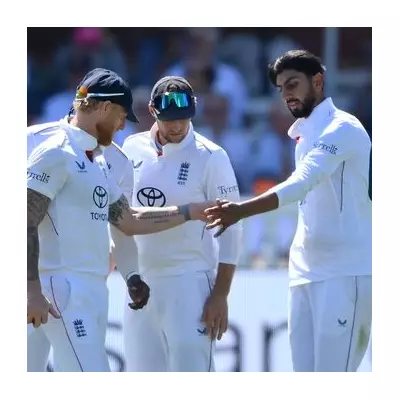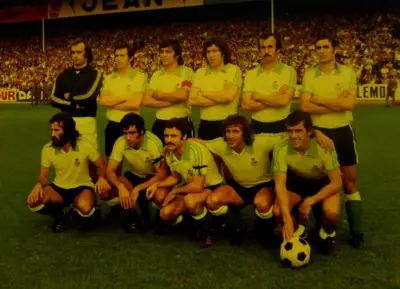
Tottenham Hotspur chairman Daniel Levy has launched a fierce campaign for Premier League reform after a controversial VAR decision potentially cost his club a coveted Champions League spot.
The North London club's ambitions were dealt a significant blow following Manchester City's contentious 1-0 victory over Aston Villa. The match's only goal, scored by Phil Foden, stood despite a strong case for a foul in the buildup that went unpunished by VAR officials.
The Incident That Sparked Outrage
Footage clearly shows Manchester City's Rodri appearing to bring down Villa's Douglas Luiz in midfield moments before Foden's decisive strike. Despite vehement protests from Villa players and staff, the goal was allowed to stand after a brief VAR check.
This decision proved particularly costly for Tottenham, who needed Villa to drop points to keep their top-four hopes alive. The controversy has ignited fresh debate about the consistency and application of VAR technology in England's top flight.
Levy's Demands for Change
According to reports, Levy is now pushing for significant alterations to how VAR operates within the Premier League. The influential chairman believes the current system lacks transparency and consistency, ultimately affecting the integrity of competition.
Levy's proposed changes include implementing clearer communication protocols between officials and greater accountability for VAR decision-making errors that directly impact match outcomes and league standings.
Broader Implications for English Football
This incident has highlighted the enormous financial stakes involved in Champions League qualification. Missing out on Europe's premier competition could cost clubs upwards of £50 million in lost revenue and sponsorship opportunities.
The controversy also raises questions about whether the current VAR implementation truly serves the best interests of the game, or if fundamental changes are required to restore confidence among clubs, players, and supporters alike.
As the Premier League season reaches its climax, the pressure mounts on governing bodies to address these concerns before another controversial decision determines the fate of England's elite clubs.





